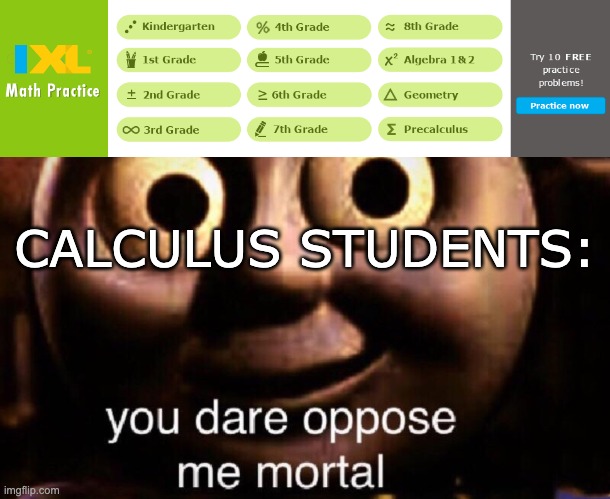
All members of the HarvardX community are expected to abide by Harvard policies on nondiscrimination, including sexual harassment, and the edX Terms of Service. Harvard University and HarvardX are committed to maintaining a safe and healthy educational and work environment in which no member of the community is excluded from participation in, denied the benefits of, or subjected to discrimination or harassment in our program.

Read our research statement to learn more. By registering as an online learner in an HX course, you will also participate in research about learning. HarvardX pursues the science of learning. Enrollees who are taking HarvardX courses as part of another program will also be governed by the academic policies of those programs. No refunds will be issued in the case of corrective action for such violations. HarvardX will take appropriate corrective action in response to violations of the edX honor code, which may include dismissal from the HarvardX course revocation of any certificates received for the HarvardX course or other remedies as circumstances warrant. HarvardX requires individuals who enroll in its courses on edX to abide by the terms of the edX honor code.

Whether you’re a student who has just finished an introductory Calculus course or a teacher looking for more authentic examples for your classroom, there is something for you to learn here, and we hope you’ll join us! Show more This is a course to learn applications of calculus to other fields, and NOT a course to learn the basics of calculus. You will need to be familiar with the basics of derivatives, integrals, and differential equations, as well as functions involving polynomials, exponentials, and logarithms. This course is for anyone who has completed or is currently taking a single-variable calculus course (differential and integral), at the high school (AP or IB) or college/university level. Key topics include application of derivatives, integrals and differential equations, mathematical models and parameters. This course provides a unique supplement to a course in single-variable calculus. With real practitioners as your guide, you’ll explore these situations in a hands-on way: looking at data and graphs, writing equations, doing calculus computations, and making educated guesses and predictions. How Einstein’s Energy Equation, E=mc2 is an approximation to a more complicated equation.How statisticians use functions to model data, like income distributions, and how integrals measure chance.How the Lotka-Volterra predator-prey model was created to answer a biological puzzle.How biologists use differential equation models to predict when populations will experience dramatic changes, such as extinction or outbreaks.How an x-ray is different from a CT-scan, and what this has to do with integrals.How economists model interaction of price and demand using rates of change, in a historical case of subway ridership.

#COLLEGE ADVANCED CALCULUS MEMES EXCEL SERIES#
Through a series of case studies, you’ll learn: In this course, we go beyond the calculus textbook, working with practitioners in social, life and physical sciences to understand how calculus and mathematical models play a role in their work.


 0 kommentar(er)
0 kommentar(er)
